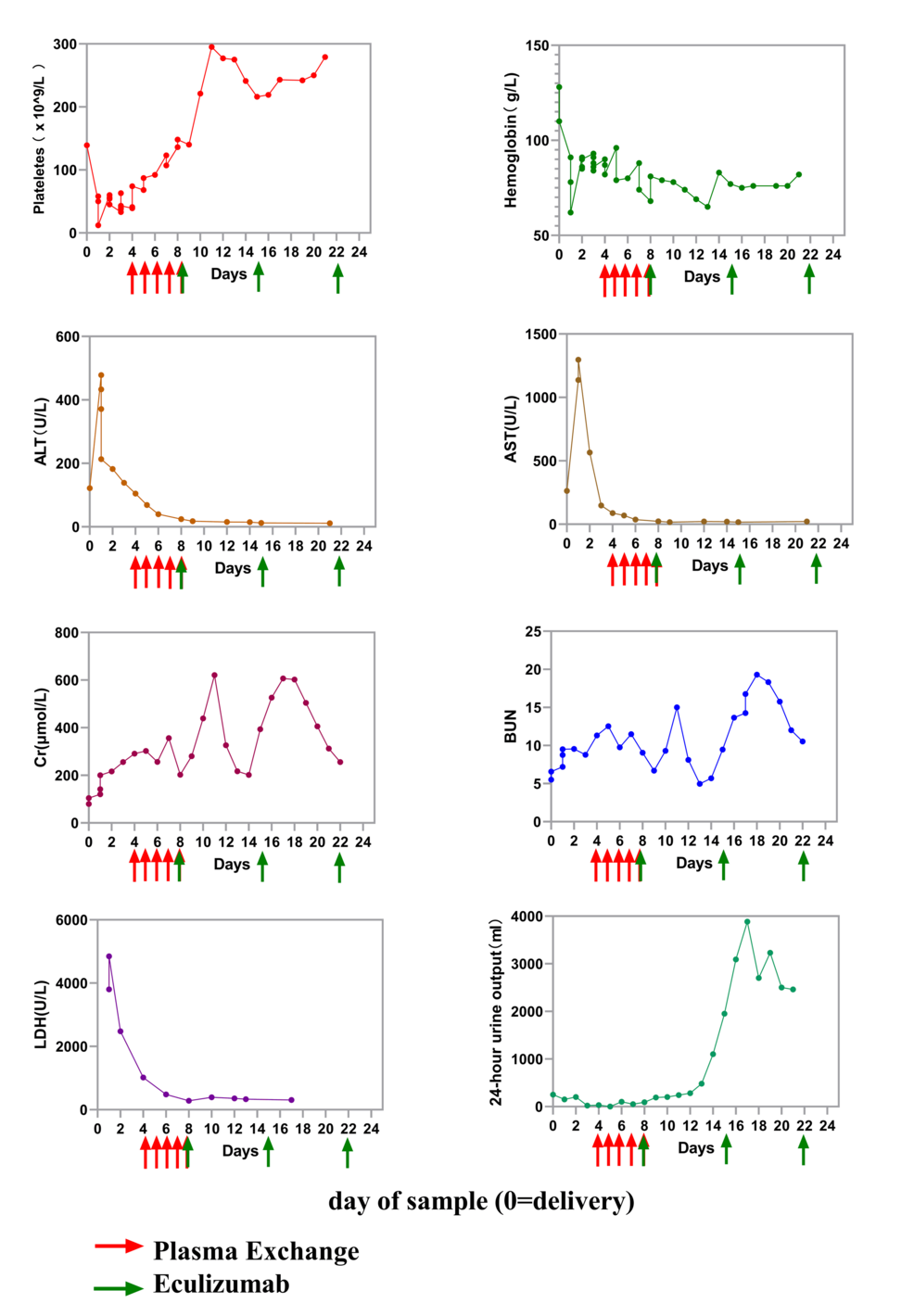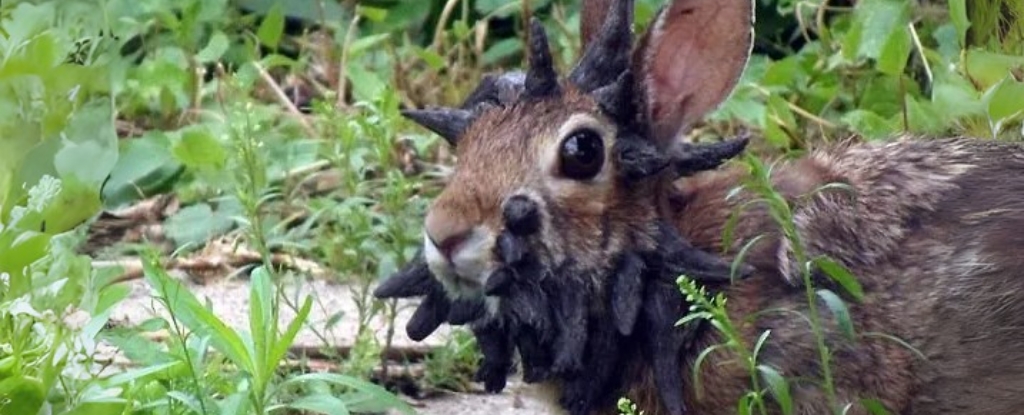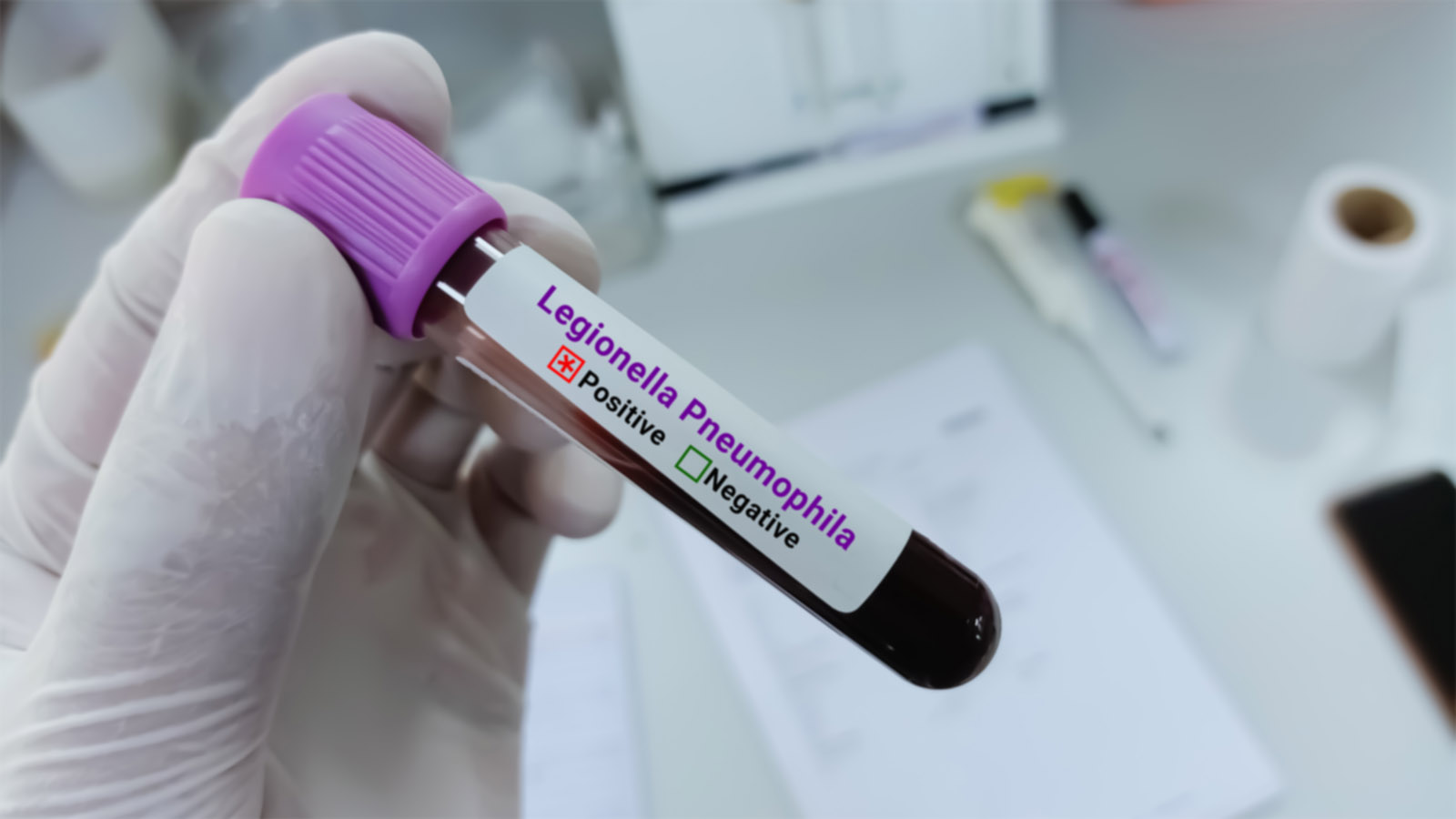Shocking Discovery: Hundreds Exposed to Rabies at Grand Teton National Park Lodge!

Imagine spending a tranquil night at a historic lodge, only to discover you may have been living with a colony of bats overhead! That’s the startling reality for guests at the Jackson Lake Lodge in Grand Teton National Park, where health officials have issued a serious warning after a suspected bat colony was found in the attic. This revelation has sent ripples of concern, as hundreds may have been exposed to rabies over just a few months.
The situation unfolded over recent months, with the National Park Service confirming that a colony of bats nestled in the attic above several guest rooms at this popular eco-hotel. The lodge, a charming and historic landmark nestled in one of America’s most stunning national parks, became a hotspot for something much less inviting.
Between May 5 and July 27, guests who stayed at the lodge were alerted about the potential exposure to bats in their rooms. Alarmingly, by June 2, the Grand Teton Lodge Company had received at least eight reports from guests who believed they may have encountered bats during their stay. Health officials quickly moved to close these rooms while conducting further investigations.
Although there is currently no immediate threat to the public, the Wyoming Department of Health and the CDC are actively coordinating with affected guests and local health departments to assess the risk of rabies exposure. They have reached out to guests who stayed during the specified timeframe, urging them to seek medical attention if necessary.
In total, health officials are tracking down individuals from 38 states and seven countries who may have been affected. With around 250 reservations recorded for the impacted rooms, estimates suggest that up to 500 guests could have been at risk during the bat colony's presence.
Travis Riddell, director of the Teton County Public Health Department, highlighted a silver lining amidst this troubling scenario: “One positive about it is that we know who 100% of those people are.” This statement aims to reassure the broader community, emphasizing that this isn’t a widespread public health crisis, but rather a targeted issue.
As part of the investigation, some deceased bats were sent for analysis to the Wyoming State Veterinary Laboratory. Fortunately, as of mid-August, none of the bats tested positive for rabies. This is a relief, yet the presence of the colony itself raises serious concerns about rabies—a viral disease infamous for being fatal if left untreated.
Bats play an essential role in our ecosystem, aiding in natural pest control by consuming insects like mosquitoes. The National Park Service reassures visitors that less than 1% of bats are rabid, but they still urge guests to practice caution: observe wildlife from a distance, never touch wild animals, and report any unusual behavior.
This incident marks the first significant rabies exposure event in Teton County since 2017. Back then, a similar incident resulted in pre-emptive treatment for 13 individuals after another bat colony was discovered nearby. As rabies in bats has been confirmed almost annually since, it’s clear that vigilance is necessary.
Rabies is transmitted through bites or scratches from infected animals, particularly bats and skunks in Wyoming. While the disease is preventable, it poses a serious risk, affecting the central nervous system and often leading to severe complications if not treated promptly.
As the investigation unfolds, guests of the Jackson Lake Lodge are urged to stay informed and proactive. If you or someone you know stayed there during this time, reach out to local health officials immediately. The wilderness of Grand Teton National Park is beautiful, but it’s a reminder that nature has its hidden challenges too.





























